Towards the mass recycling of rare metals from electric car batteries in Europe
By ETX DAILY UP | 20 December 2024
PARIS: The challenge of recycling rare earths has both ecological and economic dimensions. In 10 years' time, all the lithium recycled in Europe alone could help produce over two million electric cars.
In theory, the recycling capacities of the EU and the UK should provide enough lithium for the batteries of 2.4 million vehicles in 2035, equivalent to 15% of European demand, according to the NGO Transport & Environment (T&E).
Within 10 years, recycling could also provide 13% of the manganese, 25% of the nickel and 62% of the cobalt needed for the European market. And this would only be the beginning, since by 2040, Europe could even be almost self-sufficient in cobalt for electric cars.
The research shows that recycling these metals in Europe could avert the need to build the equivalent of 12 new mines worldwide by 2040 (four for lithium and cobalt, three for nickel and one for manganese).
According to T&E, if Europe were to implement all its recycling projects, it could considerably reduce its dependence on imported rare earths, and several million new vehicles could be fitted with batteries partly made from these recovered metals.
Recycling metals from electric car batteries is a key issue in the transition to all-electric power.
The objectives are both ecological — reducing rare-earth mining and waste — and economic, by reducing dependence on imports and cutting costs. This is why numerous experiments are currently under way to help recover and recycle rare metals from batteries.
Researchers at the University of Edinburgh, for example, are working on the role of certain bacteria in recovering these metals from used batteries.
The idea is to use them to recycle as many of these materials as possible, which are useful in the production of electric cars and wind turbines.
In France, a pilot plant for recycling electric vehicle batteries recently opened in Trappes.
Its aim is to extract precious metals from used batteries, so that they can be reintroduced into a new production cycle. This pilot plant is actually a 1:1,000 replica of the one due to open in Dunkirk in 2027.
Tags
Autos News
Reviews
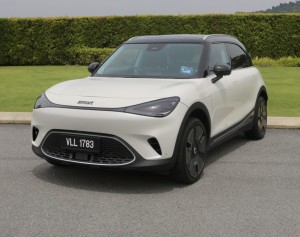
8.8
smart #1 (Premium): Agile, engaging, roomy, premium motoring

6.6
Suzuki V-Strom 250 SX: Multi terrain warrior
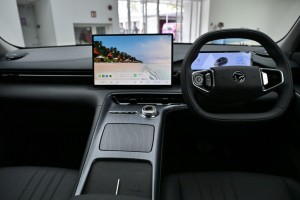
Proton e.MAS 7 impresses in quick dynamic driving exercises
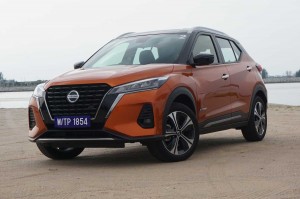
Nissan Kicks e-Power: Kicking off a new efficiency
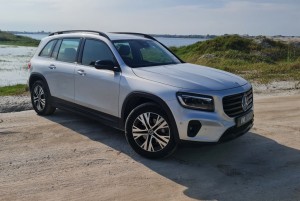
6.8
Mercedes-Benz GLB 200: Measured versatility
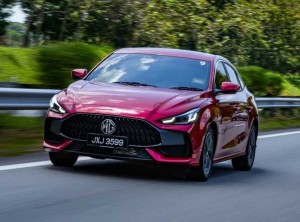
MG5: Slick and comfortable cruiser
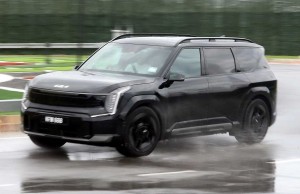
8.2
Kia EV9: Prime cut

8.0
Triumph Tiger 1200 GT Pro: High adventure on two wheels
Videos

The Snowball – Lamborghini’s Heartwarming Christmas Story of...

EVOGO battery swapping solution showcased at IAA Mobility 20...

Jaguar's Bold Type 00 Concept: A Glimpse into the Future of ...
